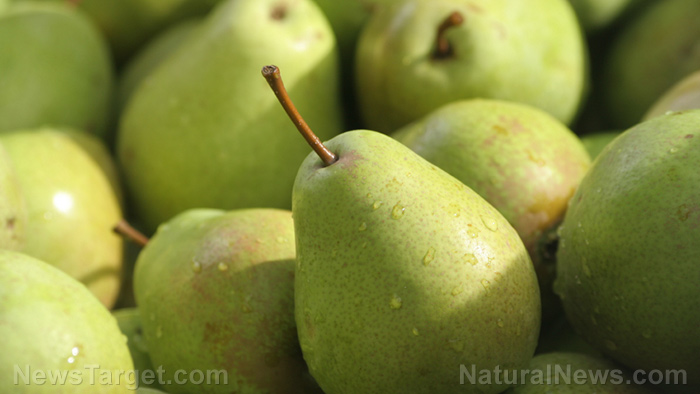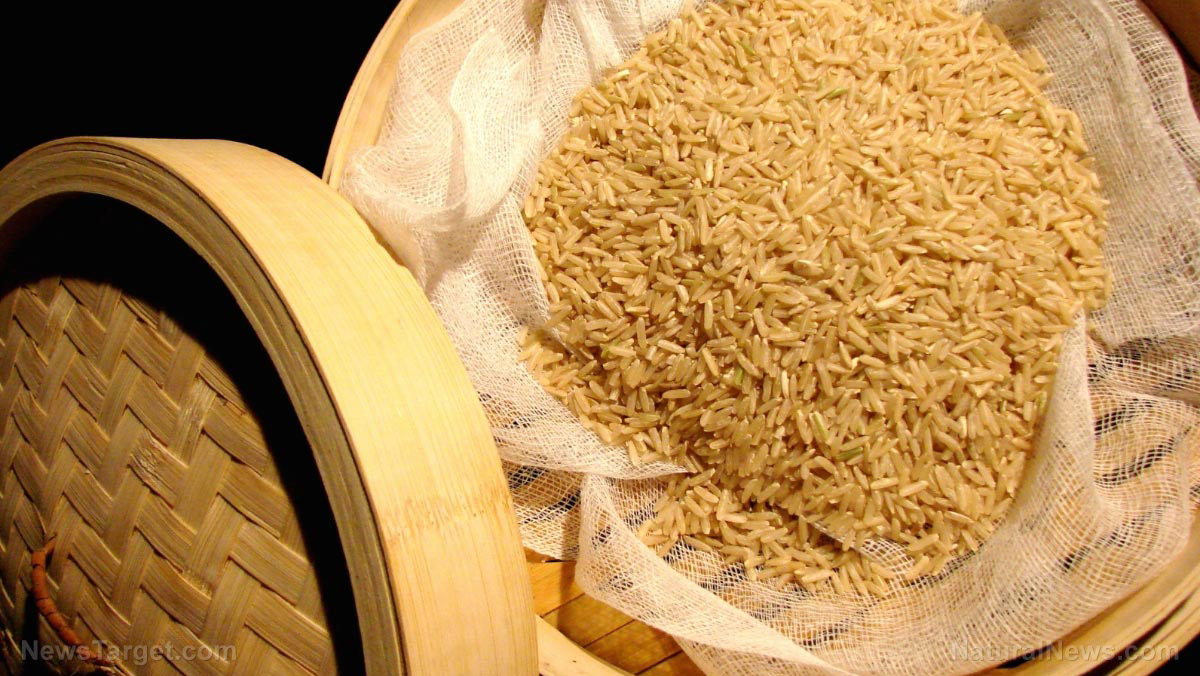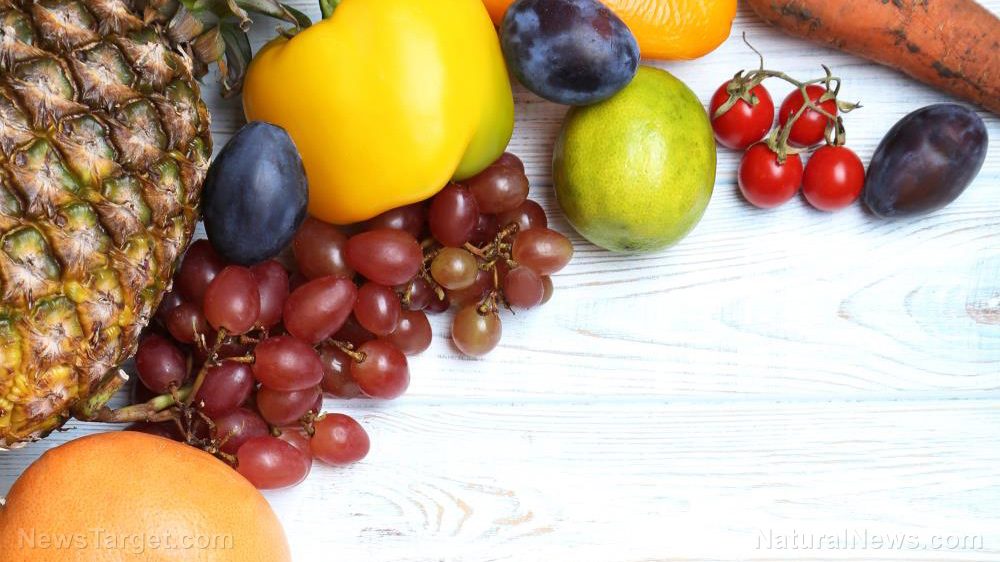
Advertisement
Did you know that pears are related to apples? Like apples, pears are juicy, nutritious fruits rich in vitamins and minerals.
Pear trees can live for more than 250 years, making them one of the longest-living fruit trees on Earth. Cultivated pears are derived from one or two wild pear species distributed in Europe and western Asia.
There are a whopping 5,000 pear varieties cultivated around the globe. However, only two species are grown commercially: the European pear (Pyrus communis), which is an aromatic, juicy, and bell-shaped fruit, and the crispy Asian pear (Pyrus pyrifolia), which has a shape and texture similar to apples.
Pears are often used in both traditional Chinese medicine and Ayurvedic practices to address respiratory diseases like asthma, bronchitis, and rhinitis. Pears are antitussive, so they are used to relieve coughs and inflammation and to clear phlegm.
Pears are also known for their antihyperglycemic and diuretic properties. Pear juice, which is often obtained from Asian pears, can be used to relieve shortness of breath during hot days. The juice can also be used as a prophylactic to prevent hangovers. (Related: The pear truth: 7 reasons to eat more pears.)
On the other hand, pear pomace — the remaining skin, seeds, and core post-processing — has potential as a fiber supplement to fortify low-fiber food products like baked goods, according to some studies.
The nutritional content of pears
The 2001-2010 National Health and Nutrition Examination Survey (NHANES) revealed that pears are the 11th most commonly consumed fruit in the U.S. Pears are a good addition to a healthy diet as they are rich in digestion-regulating carbohydrates (e.g., fructose and sorbitol) and soluble and insoluble fibers.
Soluble fiber dissolves in water and gastrointestinal fluids as it enters the gut. This type of fiber is transformed into a gel-like substance that is digested by bacteria in the large intestine.
Meanwhile, insoluble fiber doesn’t dissolve in water or gastrointestinal fluids. This type of fiber remains more or less unchanged as it goes through the digestive tract. Since insoluble fiber isn’t digested at all, it’s not a source of calories.
Pears also have a higher pectin content than apples. Pectin is a polysaccharide that functions like a sponge in the digestive system. It absorbs water, eliminates waste and toxins, and lowers cholesterol. Eating one medium-sized pear a day can boost bowel transit time and provides at least 25 percent of an adult’s daily dietary fiber requirement.
In terms of vitamin and mineral content, pears are good sources of potassium and vitamin C. Potassium not only helps keep muscles and the nervous system healthy, it also lowers blood pressure. Vitamin C, on the other hand, helps regulate metabolism and boosts immune function, tissue repair, and wound healing.
In addition, pears have a unique sugar profile because they contain fructose instead of sucrose and glucose. Fructose is responsible for the characteristic sweet taste of pears.
Fructose is also full of sorbitol, a natural fruit sugar alcohol that is poorly absorbed by the body. Excessive consumption of sorbitol is linked to a laxative effect.
Pears taste sweet but they have an average glycemic index (GI) value of 38, which is comparable to apples. A GI value below 55 is considered low. Consuming foods with a low GI value is essential for both weight and blood sugar management. This is because low GI foods are digested and absorbed more slowly, so they have minimal impact on blood glucose levels.
Pears can be eaten fresh or cooked. They can also be canned, dried, juiced, preserved as jams, or fermented into hard pear cider.
When buying pears, choose those that slightly yield to pressure like avocados. Store unripe pears at room temperature or temporarily in a brown paper bag. Ripe pears should be stored in the refrigerator away from strong-smelling foods since pears tend to absorb odors.
Always buy fresh, organically grown pears to avoid harmful pesticides. If you’re not sure about the source, you can wash pears using a diluted vinegar solution — three parts water to one part vinegar — to remove any pesticide residues.
Add pears to your diet to boost your digestive health and strengthen your immune function.
Sources include:
Advertisements







